Romanian-Bulgarian Joint Projects
Romanias and Bulgarias Foreign Ministers met in Bucharest on Thursday evening.

Valentin Țigău, 23.08.2013, 13:29
Bulgaria and Romania, both members of the European Union and NATO, share the same values and interests, which makes excellent premises for strengthening relations at bilateral, regional and European level, Bulgarian Foreign Minister Kristian Vigenin said in Bucharest on Thursday. Vigenin met with his Romanian counterpart Titus Corlatean. Talks focused on setting the details of the upcoming joint plenary session of the Romanian and Bulgarian governments, to take place in Varna in the second half of September. This will be the second joint session of the two governments.
“We plan to step up negotiation and to sign several bilateral agreements. Our aim is also to make headway in the implementation of several sectoral cooperation joint projects”, Titus Corlatean told the ensuing press conference. The list of projects includes the construction of a new hydroelectric power plant on the Danube River and finishing construction works for the Giurgiu-Ruse gas pipeline. Titus Corlatean hailed the recent opening of the Calafat-Vidin bridge across the Danube, expressing Romania’s interest in building several other bridges.
The Romanian official also said talks focused on safeguarding the identity of the Bulgarian community in Romania and of the Romanian community in Bulgaria, which would support cultural and education projects. Corlatean underscored the fact that ethnic minorities are “solid bridges” between Romania and Bulgaria. In turn, Bulgarian Foreign Minister Kristian Vigenin said that defining maritime borders in the Black Sea and relations with ethnic minorities are the only two aspects that still need adjustment in Romanian-Bulgarian relations.
On the sideline of the meeting, the two officials discussed about the two countries’ Schengen accession, acknowledging the efforts of both sides in fully complying with all technical accession criteria. Romania and Bulgaria still need to convince such EU Members who are still reluctant to say yes to their accession.
“We will maintain close communication and exchange information. We will offer mutual consultation and work together towards achieving this goal, namely to join Schengen in a two-stage process, to which the French Prime Minister referred on his last visit to Bucharest”, Romanian Foreign Minister Titus Corlatean said. The first stage of Schengen accession means that border controls would be abolished for air travel at first, followed by land border checks at a later stage.






























